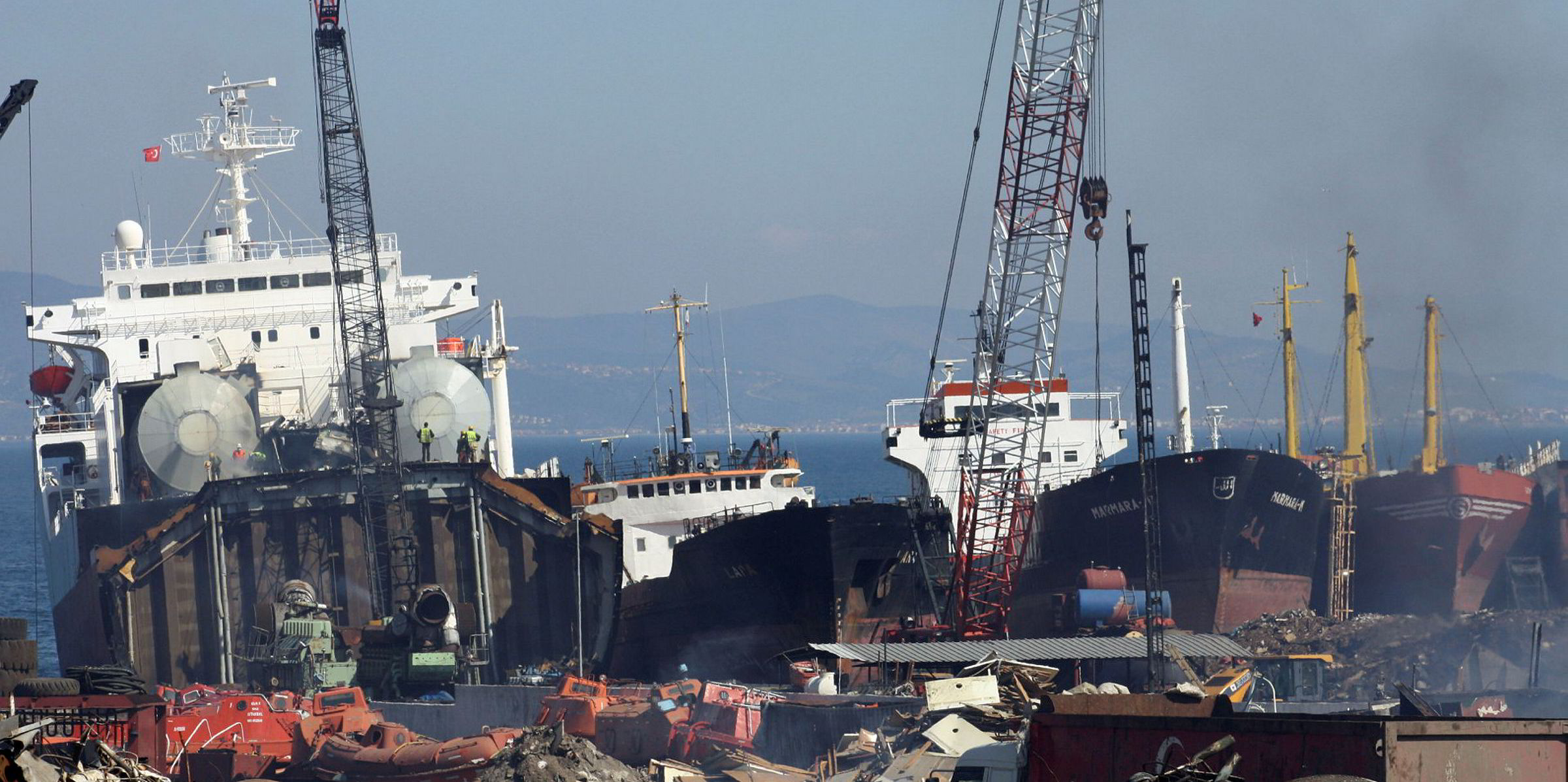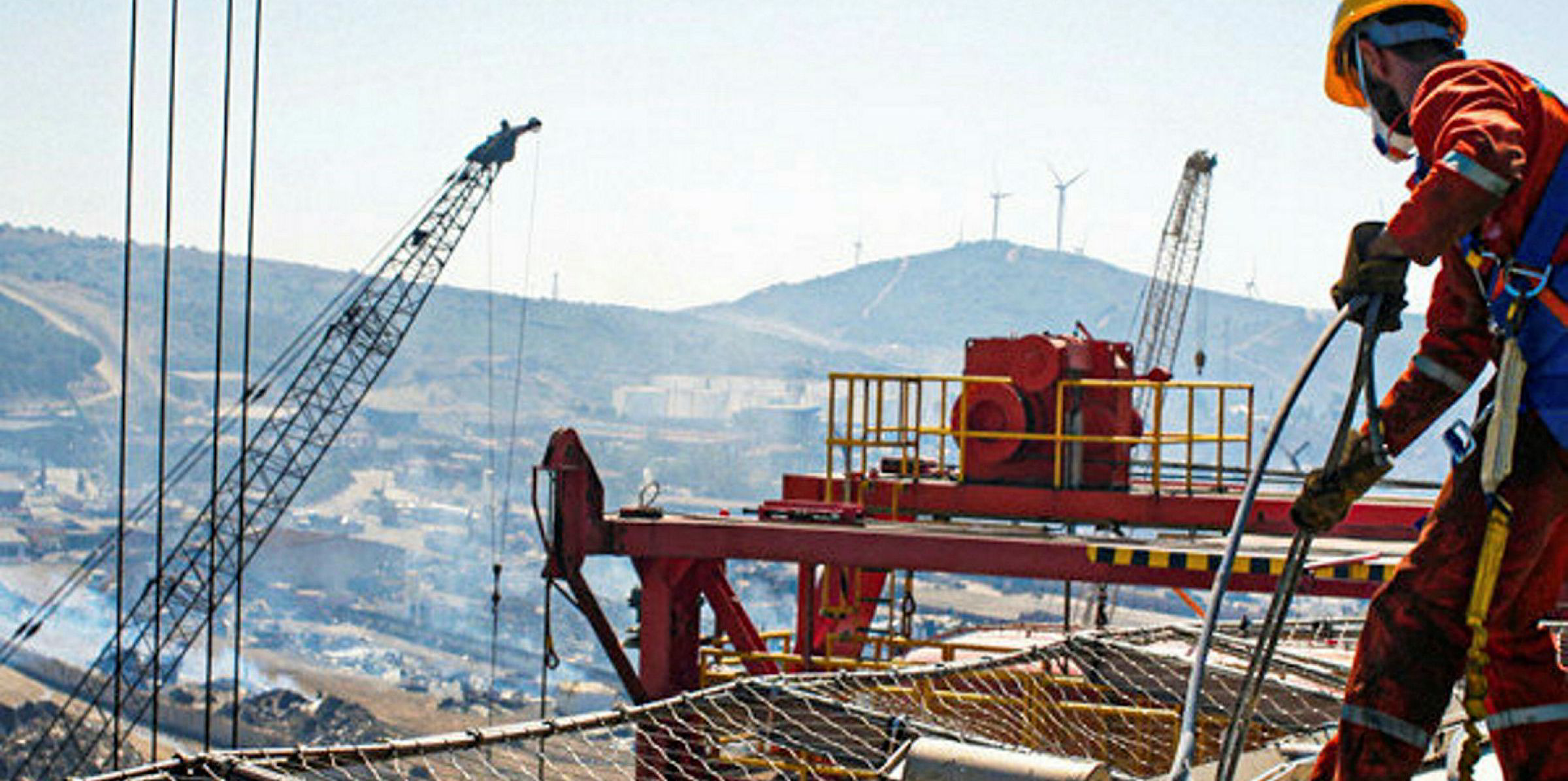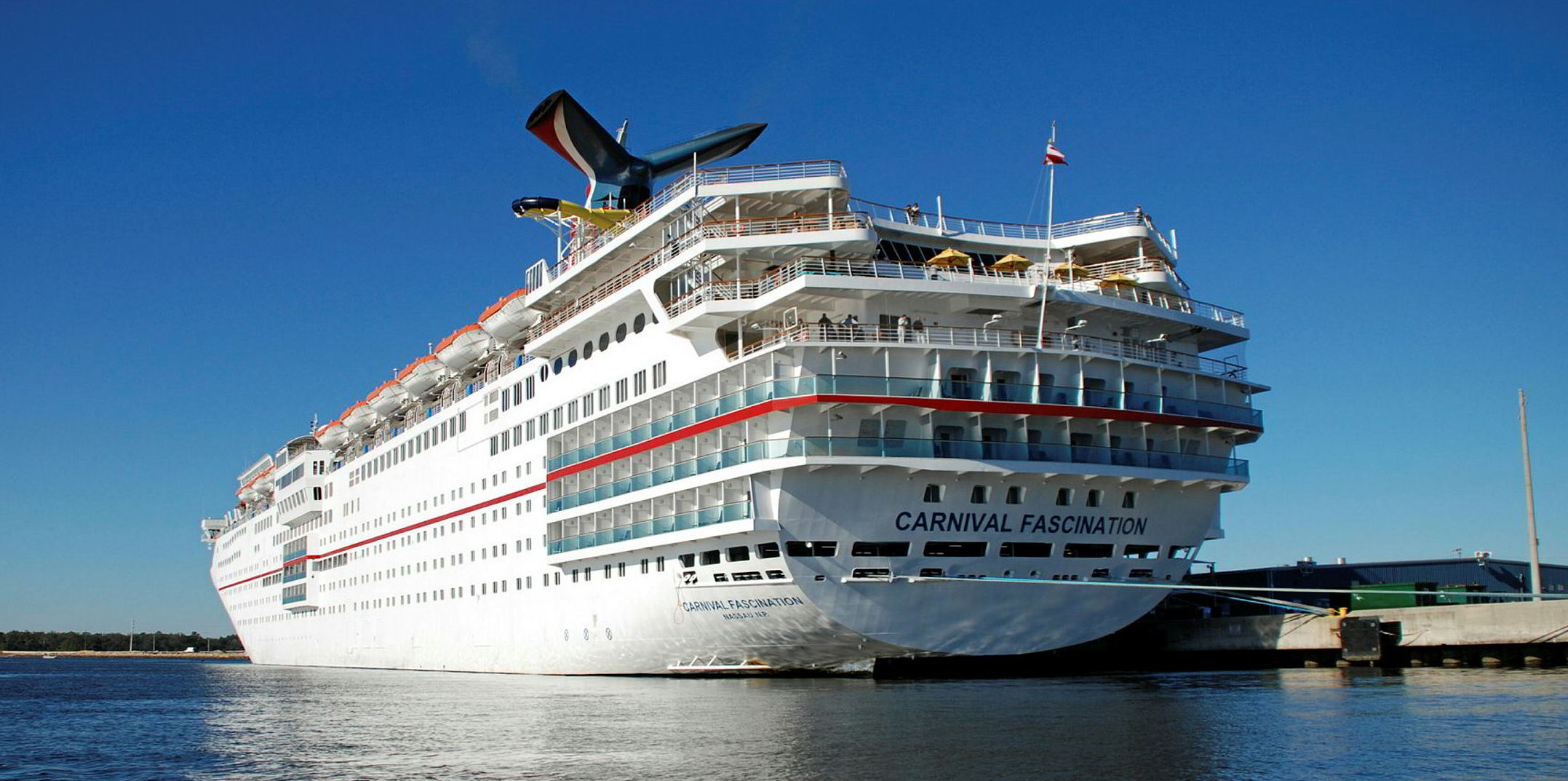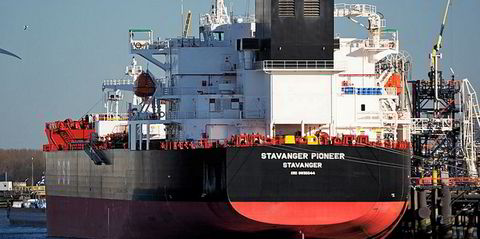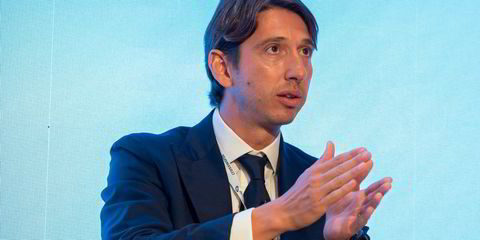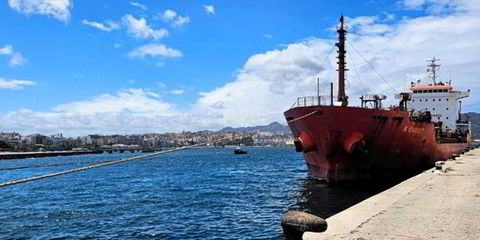A leading recycling technical consultant insists safety standards are being maintained at Turkish recyclers, despite photographs in the national media that seem to suggest congested conditions.
Many leading Turkish yards have been swamped with business in recent months with cruiseship demolition work following a collapse of the market.
Recent photographs of the Aliaga recycling region in Turkey have shown ships rammed into tightly packed recycling facilities.
Concerns were raised after a fatal accident at one yard. The NGO Shipbreaking Platform has asked the European Commission to review safety in the region.
But Sea2Cradle director Wouter Rozenveld said that despite recent observations, he believes there have been no safety cutbacks at yards certified under the European Commission’s Ship Recycling Regulation (SRR).
Rotterdam-based Sea2Cradle provides technical consultancy to yards and shipowners on green and safe recycling practices, and works closely with Turkish yards.
Heavy demand
Rozenveld suggested the biggest impact of the heavy demand has been on price.
“In general, we do not support the conclusion that safety standards are compromised because of the many ships offered,” he said.
“The fact that the yards are full is mainly reflected in the price.”
He added that local recyclers do not appear to be speeding up operations to clear the workload and that there are even some operational advantages to the backlog.
“As far as we can judge, the work is not progressing faster than normal, the vessels are laid up and just waiting their turn," he said.
"This can be used as an advantage. Because the next vessel has already landed and is waiting in line, there is more time to start with the pre-cleaning on those vessels, which results in better organised waste management, clean working conditions and a smooth cutting operation.”
Impermeable concrete
Some have suggested that the close proximity of vessels on the Turkish beaches of Aliaga break the EC’s SRR.
But Rozenveld said the regulation is not related to the density of ships. There has been the suggestion that cutting is taking place outside the impermeable concrete floor. But Rozenveld said that, under current regulation, recylers are only required to carry out secondary cutting outside of the hull.
“At the European Union-approved Turkish facilities, all the secondary cutting is done above impermeable concrete,” he pointed out.
However, Rozenveld said there are always opportunities for further improvements to safety and environmental management to be introduced.
